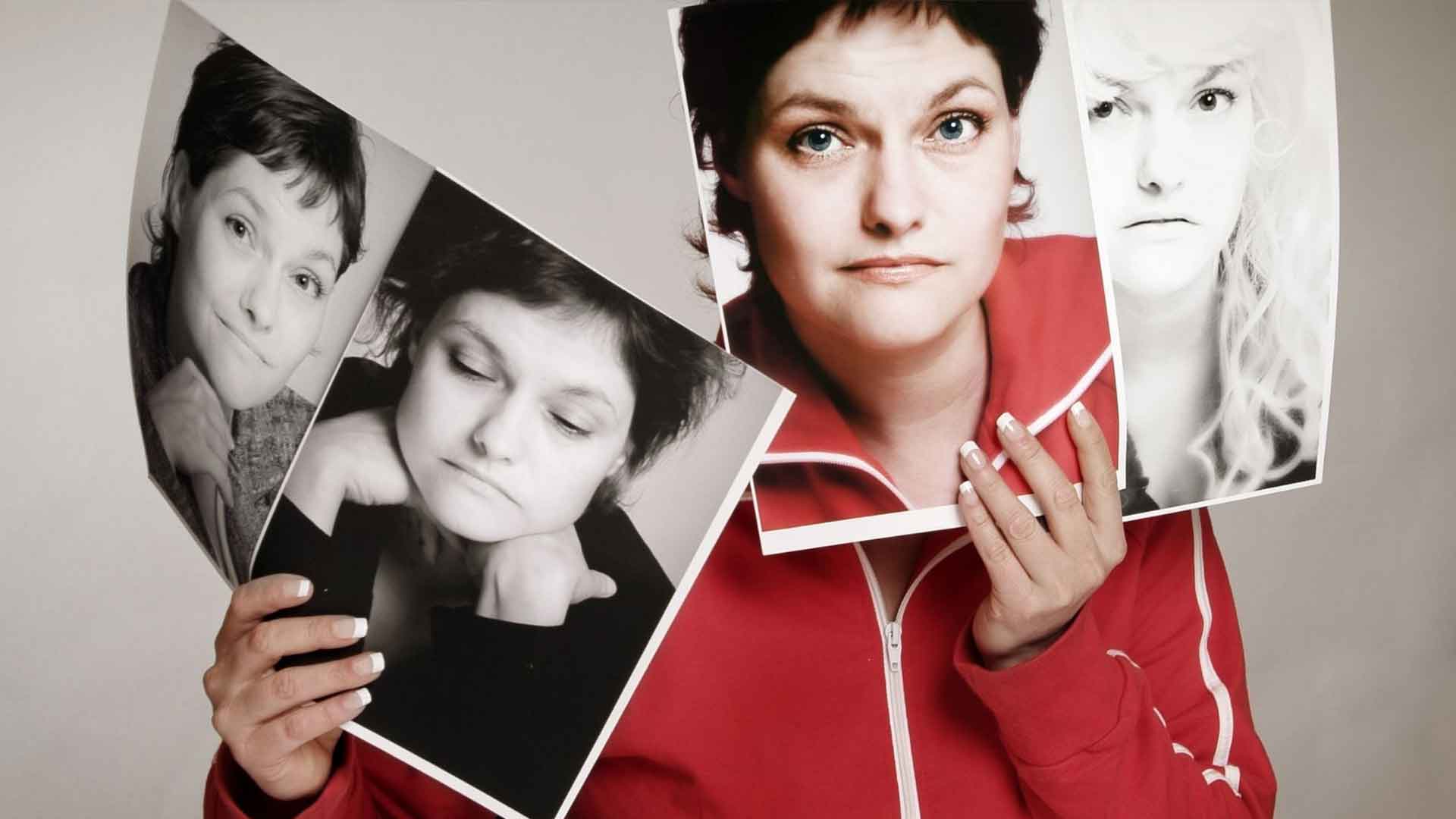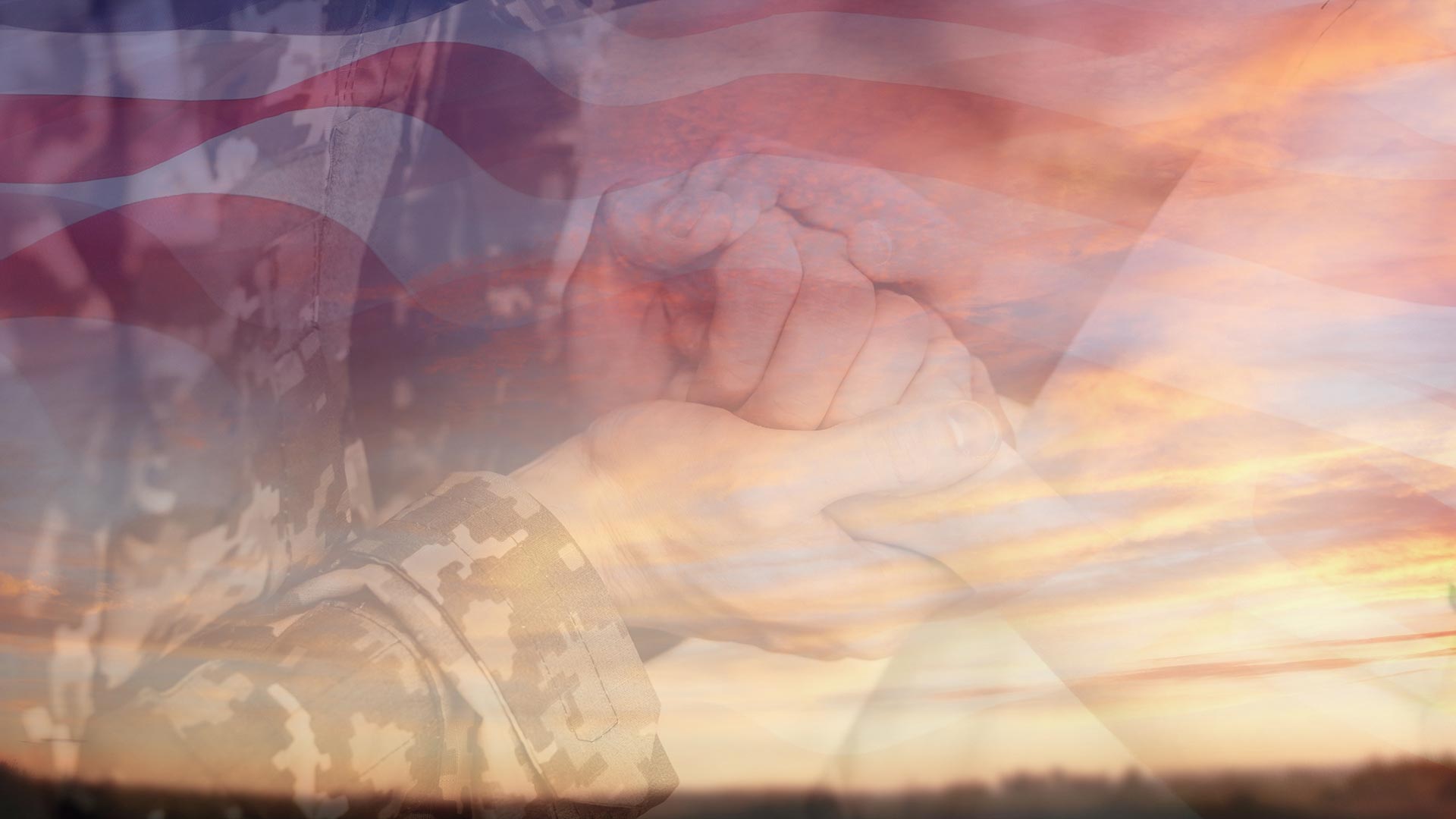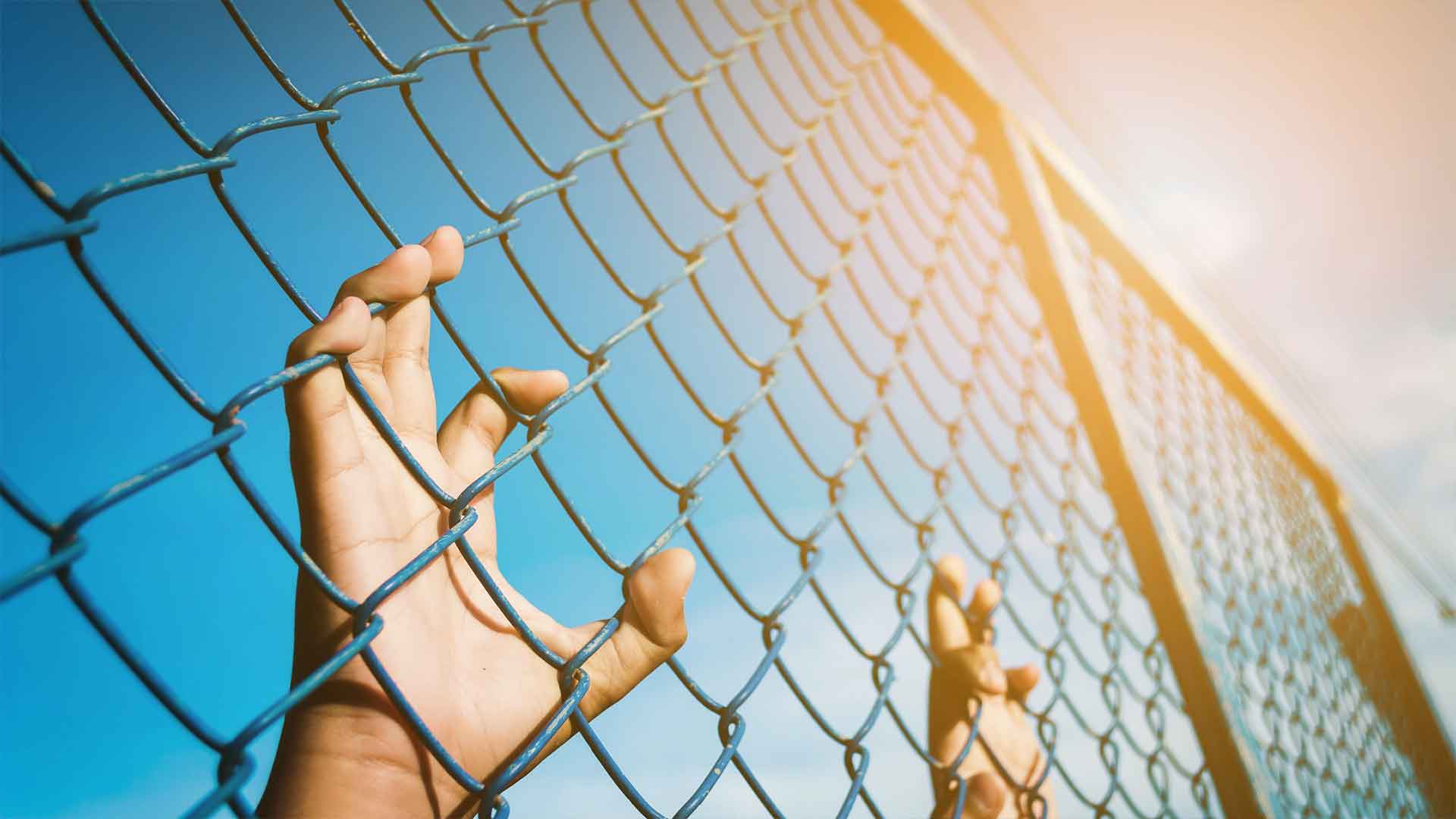
Why do Women Struggle with Mental Health?
Don’t be afraid to ask for help! Whether it’s from a friend, family member, trusted colleague or a professional, people are out there to help.

Don’t be afraid to ask for help! Whether it’s from a friend, family member, trusted colleague or a professional, people are out there to help.

As the stress of life and living in the world continues to build, you may have wondered if it’s worth it to continue. Trauma, tragedy and grief can become so overwhelming that your brain brain does not know how to make sense of it. Sometimes even day-to-day living can just seem like too much. It may seem like suicide is the only way to end the pain. If you have lost a loved one to suicide, the pain you have felt as a result shows that suicide does not bring relief from pain – in fact it adds to the pain and suffering in the world. Suicide is painful no matter what. Would the world be better without me? For anyone considering whether the world would be better off without them, the answer is simply no, it would not be. There is a path to take out of the darkness. Often, it is masked by the confusion brought on by stress, depression, and other mental distress. This path acknowledges that a life characterized by pain and suffering may not seem to be worth living. BUT, instead of ending your life, you choose to live, while reducing or eliminating the sources of pain and suffering. This may seem obvious, but it is not obvious to someone who is considering suicide. And if it is not obvious to you right now — that is ok, that’s why we’re here. Reach out for help. People DO care. If you are one of the many considering suicide right at this very moment, please just take a second to consider reaching out for help. You may not be seeing the full picture as a result of your state of mind. Your mind is only showing you part of the picture right now – the painful one. Not everything is your fault, and there is a path forward that brings some relief. But it is not only relief that you deserve. You also deserve joy, happiness, excitement, and love — and they can be found on this path as well. The potential to experience positive emotions is still in you and can be activated, as soon as you make the choice to continue living. Suicide is never painless. Not only in terms of the inevitable physical pain involved in the act, regardless of methods, but also as a result of the profound grief experienced by those who loved you and have to keep living without you for years to come. Life may not feel worth living right now, and if not, then I know you are in pain. I know that pain is real. It’s hard to see through the fog, but it gets better. You may not be seeing the full range of possibilities through the fog. In fact, you may be reading this right now and finding a way to disagree with everything written. Nevertheless, I am writing this to encourage you to reach out for help and remind you that your life matters,

When trauma happens, especially to a child, it is natural for them to envision it as happening to someone else. This is where dissociation comes in. The brain learns that when there is a negative feeling, thought, or event, it can cope by creating distance. Individuals with DID use this emotional and physical distance to get through traumatic experiences.

Children are resilient. If they experience a traumatic event, it does not mean they have to be affected now or later in life. They can recover. It is important to recognize the signs of mental health problems and try to get your child help before these events impact them even more.

I often hear people say, “My experience is not as bad as someone else’s experience, so I have no reason to feel this way.” This type of thinking can slow the healing process, because when we invalidate our own trauma, we’re essentially locking ourselves up with our own shame and throwing away the key. It’s important to consider that your trauma is your own.

There are some who love to talk about their time in uniform and appreciate every bit of recognition offered. Each veteran’s experience is unique. Please, remember that’s the case, and show genuine interest in the individual. That will mean as much or more than anything else.

When our partner, friend, or loved one does something that “smells” like past wounds, our defenses go up. The fear of repeating the past comes out looking like anger. Even though we are wanting to be close with our loved ones (spouses, children, friends, and neighbors), old wounds — both emotional and physical — often stand in the way.

For all people, how we handle challenges has a lot to do with our ability to be resilient. Resiliency is like a rubber band, the more resilient you are, the springier your rubber band and the quicker you are able to rebound from a difficult event. As we continue to stretch our rubber band over and over as we go from pandemic to home schooling to natural disaster, the harder it has become for the rubber band to regain its original shape.

It is known that survivors of natural disasters have a 30 to 40 percent chance of suffering from post-traumatic stress disorder (PTSD). One thing that can be done to counteract the long-term mental health effects of a disaster is to seek help early and to talk about the experience with professionals that are trained to help.

What happened to you was not your fault and it does not define who you are. You are a person who is deserving and capable of love and friendship. There are people who care and want to support you on your journey as you recover from what happened to you.
Feeling Safe
I feel safe at CFS. I know the staff is professional and understanding and that my thoughts and feelings will be heard and are valid.
Building Strength
My treatment at CFS has helped me find the ability to continue on through a horrible time. The office staff always greets me with a smile, that’s great.
Embrace New Ideas
It’s great to have someone to talk through my thoughts and feelings with — to get things out into the universe and have a neutral party help me learn how to process, try new things, embrace different ideas.
© 2023 Covenant Family Solutions